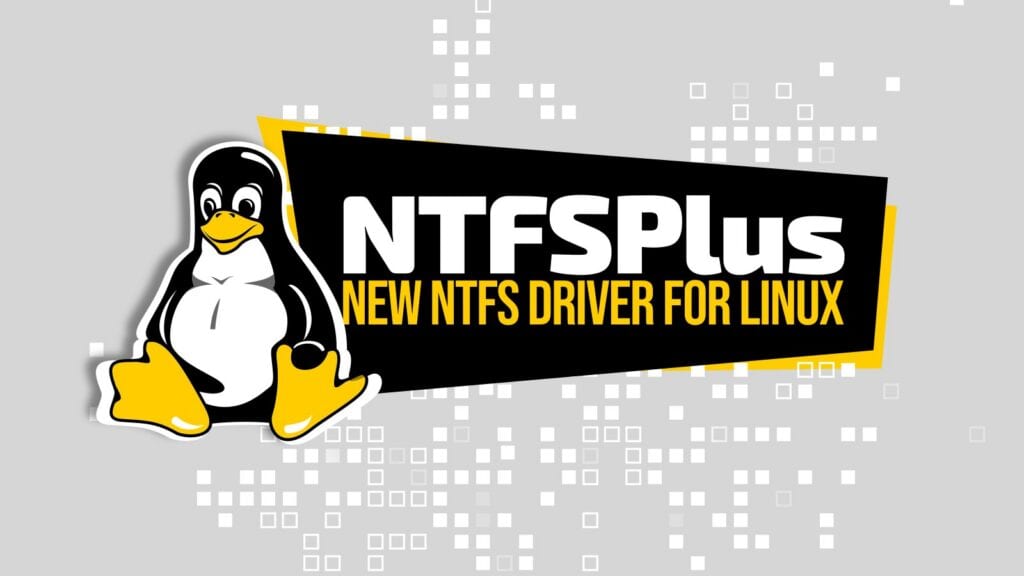After years of dealing with outdated or poorly maintained NTFS drivers, Linux might finally be getting a fresh and modern replacement. Kernel and Samba developer Namjae Jeon has proposed NTFSPlus, a new NTFS filesystem remake, aiming to deliver better performance, full write support, and long-term maintainability.
As you know, NTFS drivers let Linux read and write to NTFS-formatted drives, which are the default file systems used by Windows, thus making it possible for Linux systems to access, modify, or share files stored on Windows disks.
Currently, Linux users rely on either the old read-only “NTFS Classic” driver, which has already been removed from the kernel, or NTFS3, which—despite being newer—has faced stability issues and limited maintenance. Many distributions still ship ntfs-3g instead, a user-space driver that trades performance for reliability.
That’s where NTFSPlus steps in. Built on top of the older but cleaner NTFS codebase, it adds modern kernel features like iomap, folio support, and delayed allocation to boost write performance and reduce fragmentation significantly. The driver also drops the legacy “buffer head” code entirely, aligning it with current kernel trends.
According to devs, performance results show some big improvements. In single-threaded write tests, NTFSPlus performed roughly 3–5% faster than NTFS3, while in multi-threaded tests, it delivered gains between 35% and 110%. Mount times are also dramatically faster—mounting a 4TB NTFS partition takes less than a second with NTFSPlus, compared to over four seconds with NTFS3.
Beyond speed, NTFSPlus introduces stability improvements. It passes 287 xfstests, compared to NTFS3’s 218, and successfully handles workloads that cause NTFS3 to fail, like the Bonnie++ benchmark’s mixed directory operations. In addition, a new user-space utility project called ntfsprogs-plus adds tools such as fsck.ntfs for filesystem repair and testing—something NTFS3 lacked entirely.
Furthermore, full journaling support is planned for a future release, replacing NTFS3’s incomplete journal replay implementation.
If merged, NTFSPlus could finally give Linux users a first-class, high-performance NTFS implementation that works well across both desktop and server environments—something that’s been missing for a long time.
For more information, see the message on the kernel mailing list.

Thank you for your job!
Do you know if Win have got 3rd party support for ext, btrfs or another FS?